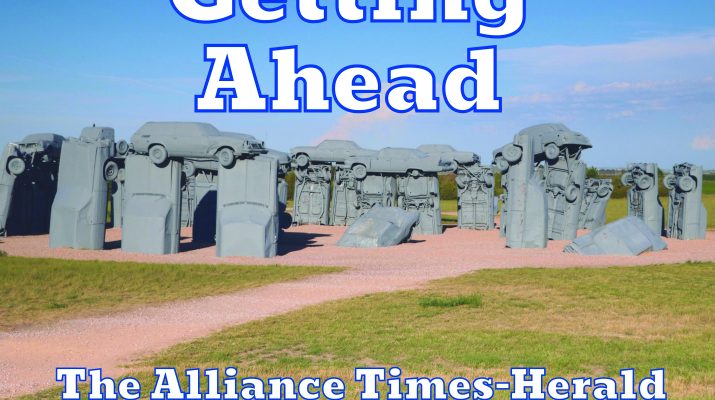“In the darkness, a light shines. An angel appears, the glory of the Lord shines around the shepherds, and finally the message awaited for centuries is heard: ‘To you is born this day a Savior, who is Christ the Lord.’ (Luke 2: 11-12) The angel goes on to say something surprising. He tells the shepherds how to find the God who has come down to earth: ‘This will be a sign for you: you will find a child wrapped in swaddling cloths and lying in a manger.’ That is the sign. A child, a baby lying in the dire poverty of a manger.” This is how Pope Francis began his Christmas Eve message last year at St. Peter’s Basilica. Of all things, this global religious leader points to poverty and the excluded…at Christmastime?
I recently read the Pope’s homily for the last two Christmases. The Pope talked about Jesus’s birth, his poverty, the message being shared with the poor, and how we must learn to find God in the little things in life, rather than seeking power and success.
On Christmas Eve, 2020, Pope Francis said, “In the lowly manger of a darkened stable, the Son of God was truly present. Why was he born at night without decent accommodation, in poverty and rejection, when he deserved to be born as the greatest of kings in the finest of palaces? Why? To make us understand the immensity of his love for our human condition: even touching the depths of our poverty with his concrete love. The Son of God was born an outcast, in order to tell us that every outcast is a child of God.”
Who were the first to be told of the holy birth? The shepherds. These poor men were in the fields at night to work. They could not live how they wanted or where they wanted; their work was based on the needs of the sheep they tended. They were forgotten, invisible to most people.
“He comes to ennoble the excluded and he first reveals himself to them: not to educated and important people, but to poor working people. God tonight comes to fill with dignity the austerity of labor. He reminds us of the importance of granting dignity to men and women through labor, but also of granting dignity to human labor itself.”
“As we take one last look at the crib, in the distance, we glimpse the Magi, journeying to worship the Lord. As we look more closely, we see that all around Jesus everything comes together: not only do we see the poor, the shepherds, but also the learned and the rich, the Magi. In Bethlehem, rich and poor come together, those who worship, like the Magi, and those who work, like the shepherds.”
“God came among us in poverty and need, to tell us that in serving the poor, we will show our love for him,” said Pope Francis. “If, as in Bethlehem, the darkness of night overwhelms you, if you feel surrounded by cold indifference, if the hurt you carry inside cries out, ‘You are of little account; you are worthless; you will never be loved the way you want,’ tonight God answers back. Tonight, he tells you: ‘I love you just as you are.'”
It doesn’t matter whether we are Catholic, or even religious. These messages from Pope Francis have great power. We need to accept and honor ourselves and each other, regardless of what we perceive as status or weaknesses. Merry Christmas.

